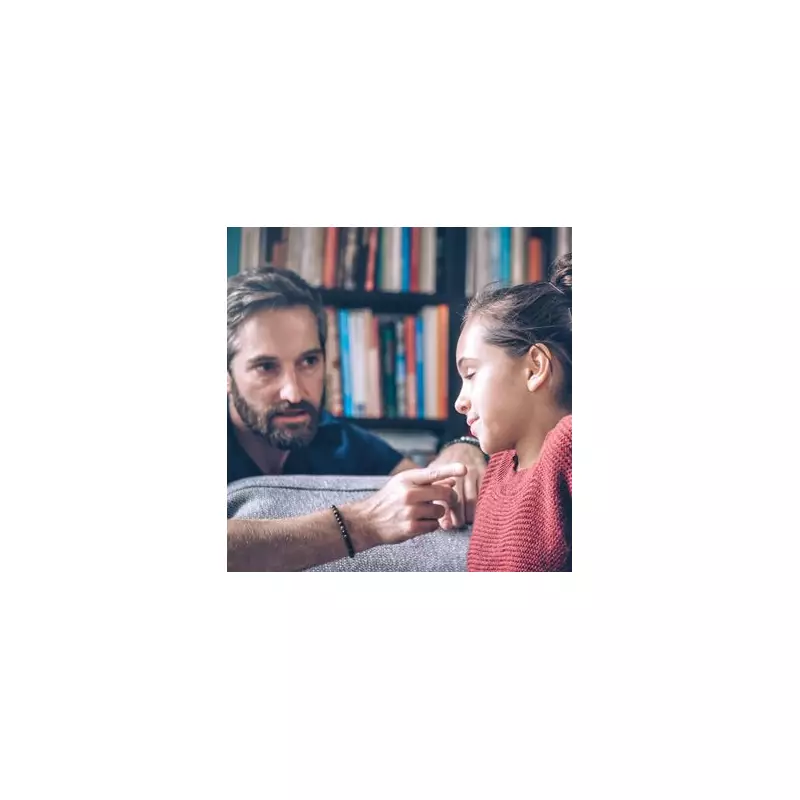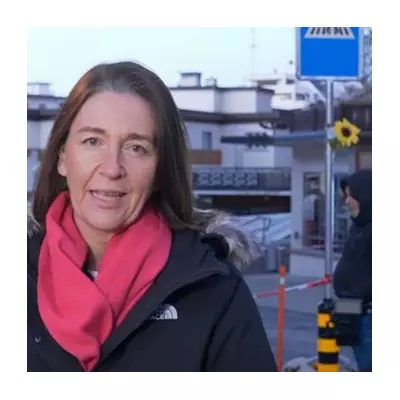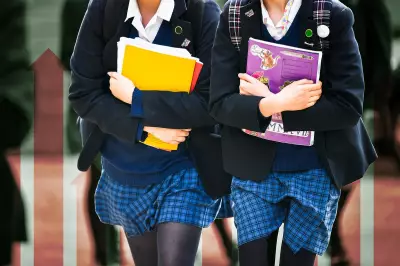
Strictly Come Dancing star Ore Oduba has shared a deeply personal revelation, disclosing that he first encountered pornography at just eight years old, which later developed into a three-decade-long addiction.
His experience is far from isolated. New data reveals a troubling surge in early exposure to explicit content among young people across the UK.
The Alarming Statistics on Childhood Exposure
Recent polling for the Children’s Commissioner in 5 has found that 70% of young people have seen pornography before turning 18. This marks a sharp increase from 64% recorded in 2023. Even more concerning, over a quarter had encountered it by age eleven, with accidental exposure through social media platforms rising dramatically.
Cat Etherington, Director of Recovery UK at the Naked Truth Project, confirms this worrying trend. "We have seen an increase in people reaching out to us for support for under 18s and there is a severe lack of support for these young people," she states.
How Early Exposure Impacts Development
Parenting expert Kirsty Ketley expresses significant concern about these findings. "It’s deeply concerning but, sadly, not surprising that Ore says he first saw pornography at nine," she notes. "Children have unprecedented access to explicit material online - often long before they’re emotionally ready to process it."
The consequences of such early viewing can be profound, affecting emotional development and creating distorted views about sex, relationships, and consent. Experts agree that pornography addiction in adulthood frequently begins with exposure during childhood.
Cat Etherington explains the developmental risks: "Early and repeated exposure followed by escalating, secretive use into adulthood is definitely part of the picture for people struggling with compulsive and addictive sexual behaviours."
Even when exposure isn't traumatic, it can interrupt healthy sexual and relational development, becoming the primary expression of sexual energy for growing numbers of young people.
Practical Steps for Parents and Carers
Both experts emphasise that prevention through layered online safety measures is crucial. This includes device-level restrictions, child-safe search settings, and home router controls.
However, technical solutions alone aren't enough. Maintaining open, age-appropriate conversations from an early age represents the single most important protective measure parents can take.
If a child does encounter pornography, Kirsty Ketley advises parents to "stay calm, ask what they saw and how it made them feel, and use it as a chance to talk about healthy, respectful relationships."
Cat Etherington suggests naming what they saw in simple terms: "That was adult content; it’s not made for kids and doesn’t show real-life respect or consent."
Parents should watch for patterns of secretive or compulsive viewing and seek professional support if children show distress around devices or withdraw from normal activities.
Ultimately, as Kirsty Ketley concludes, "The right response is empathy and guidance, not punishment. Children need support to understand what they’ve seen and to rebuild a healthy view of relationships."





